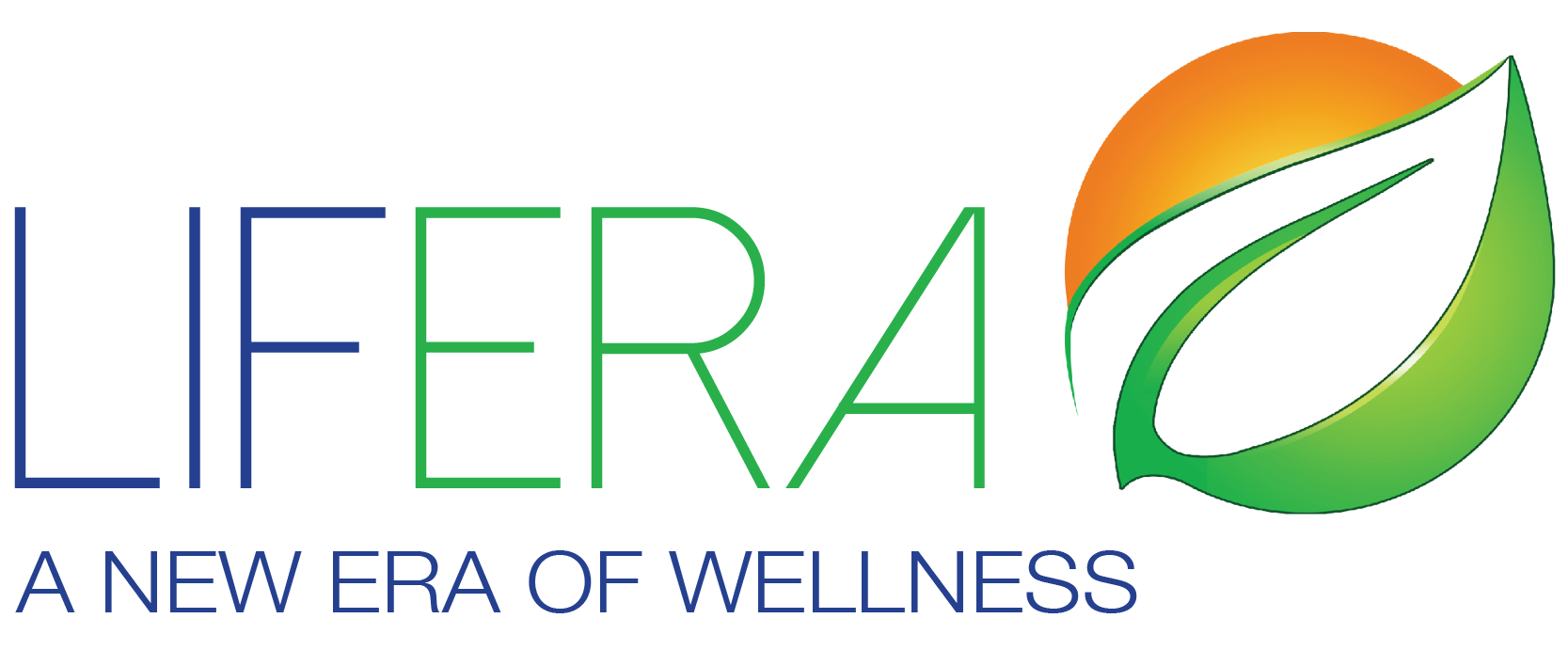What is Drug Addiction?

Drug addiction is developed through a multitude of factors which form the ‘perfect storm’ and create the environment and opportunity for somebody to become physically, psychologically, and emotionally dependent upon illicit substances such as crystal meth, heroin, crack cocaine, prescription pills, and other drugs. Drug addiction is a disease you wouldn’t wish upon anybody.
Drug addiction nearly always requires treatment services starting with an intervention.
If a person is deliberately seeking drugs, they are seeking a means to cope with their emotions, thoughts, or behaviours in an unhealthy way.
Oftentimes drug addiction is very difficult to climb out of, with the user displaying physical symptoms of withdrawal that make it discouraging to quit.
Drug addiction nearly always requires treatment services starting with an intervention, then a detox center, and ongoing treatment options such as rehab, counselling, CBT/DBT therapy, and lifestyle changes upon leaving the treatment center. Here are some ways you can ensure your loved ones are supported in their recovery after treatment:
Provide support and space for sober activities
Drug addiction takes its toll emotionally and physically and once a person leaves treatment in Vancouver they may be confused as to the next steps in how to navigate their new life. They may need family or friends to support them by offering them a safe space to live if they find it difficult to go back to the places where they used to use drugs etc. By offering time to spend in sober settings with them they can begin to realize that people around them care about their wellbeing, and that there are different options and activities they can participate in which don’t revolve around drug use.
Offer company to avoid isolation
Often times an addict fresh out of recovery will default to isolating themselves. This is due to many factors. Some may feel they are unworthy of loving company or companionship, they may feel a sense of guilt for those they have hurt, or they may simply not know how to ask for help, support, and company. Unfortunately, isolation can oftentimes lead to relapse and drug or alcohol abuse. Loneliness can be avoided by simply offering up your company in safe ways to ensure they are not isolating themselves.
Refuse company if the person is using, and guide towards treatment
If relapse occurs, you must stick to the consequences clearly outlined if these were included in the initial intervention process. One of the ultimatums given to the addict during an intervention is to cease spending time with that person until they receive help, and these ultimatums must be enforced to get the point across, and help the person realize that loved ones will not support them in their active addiction and drug use. Rather, we must guide this person back into a treatment program if relapse occurs.
For more information, make sure you CONTACT US.





